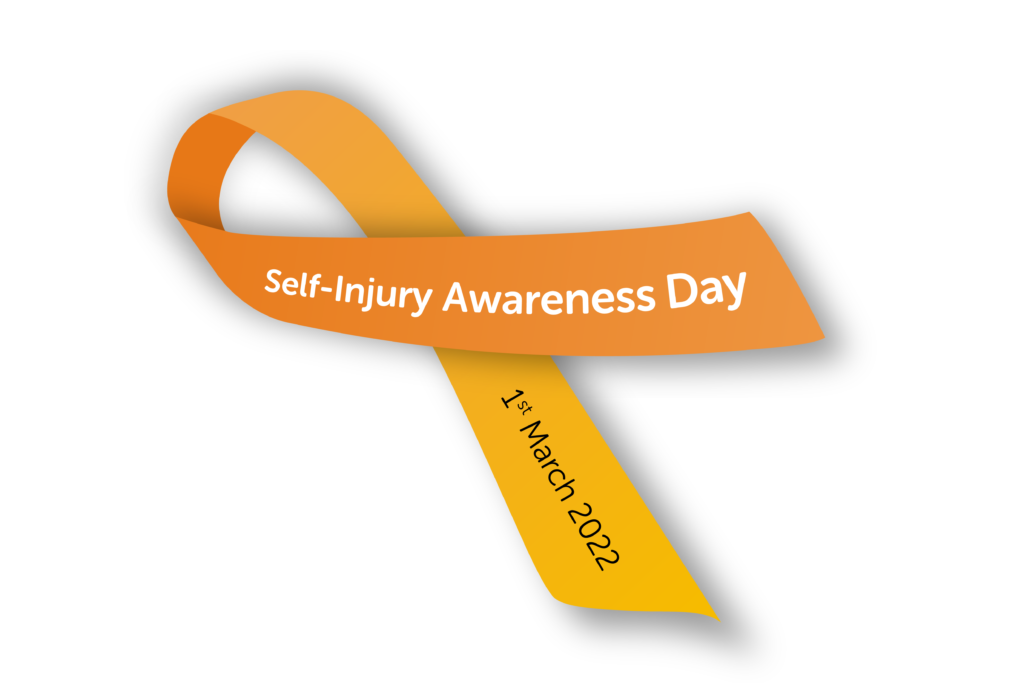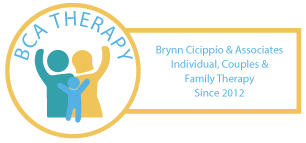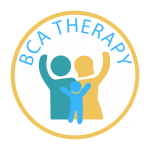
Self-Injury Awareness Day
Self-Injury Awareness Day, or SIAD, is a global awareness event celebrated on March 1. It draws attention to self-harm in the hope of helping people who practice it. Almost two million Americans engage in self-harm.
About 17% of people will self-harm during their lifetime
How do you observe Self-Injury Awareness Day?
- Check up on a friend: Use Self-Injury Awareness Day to check up on a friend who might be struggling. Remind them that you are there for them and act as a support system for them.
- Wear an orange ribbon: Show your support for the cause and signify that you are a safe person for them to talk to.
- Speak to a professional: Get help from a certified professional.
You’re not alone!
Help is available-
National Suicide Prevention Lifeline:
1-800-273-8255

If Recovery Was Easy, Everyone Would Do It!
If recovery was easy, everyone would do it! Recovery from anything – abuse of alcohol and drugs, trauma, mental illness, parental neglect, intimate partner violence, simply not feeling good enough. Recovery from any of these is not easy.
Recovery takes us to a deep place, an often-lonely place, a place of such truth and vulnerability from which we rise with clarity, honesty, and conviction. Not easy work at all. Recovery is incredibly uncomfortable which is why it is so powerful! No one said it would be easy. No one said it would feel good. No one said it wouldn’t hurt. But it sure is worth it!
“I am not defined by my relapses, but my decision to remain in recover despite them.” – Anonymous
Learn More
Setting Boundaries Are Hard!
Setting boundaries is really hard!
And here’s why: we hold expectations and those are really just our attempts at controlling things. No one else is you. No one owes you anything. Your boundaries are yours to own, set, and maintain based on what is most healthy for YOU.
Recovery from anything is possible when you have honesty, boundaries, self-love, and balance.
Compassion Does Not Equate to Poor Boundaries
Yes, it is ABSOLUTELY possible to have both!!
Yes, you can be a compassionate person AND have healthy boundaries!!
Remember, putting on your oxygen mask first will then allow you to more effectively assist those around you. Do you get it?
Learn MoreThree Minute Therapy
Three Minute Therapy
Anywhere, Anytime Coping Skills

A limit to some commonly used coping skills is that they can’t be used anywhere or at any time. You can’t whip out your journal in a board meeting or even begin to stretch and breathe deeply while giving a presentation.
Here are two anywhere anytime coping skills to add to your tool box. Use these when you are feeling anxious, overwhelmed, nervous, or unsure of yourself.
1. Color game – choose a color and count how many objects are within your eyesight that are that color. Ideally, pick a calming color like blue or green.
2. The five senses – connect to your sense of taste, touch, see, smell, and hear. Can you rub a soft or rough spot on your clothing? Can you hear the sound of laughter or music? Can you divert your attention to something pleasing?
Why do these work? Both of these skills keep us grounded and in the moment. We are increasing our awareness of our environment, slowing down our thought process, and regaining control over our breathing and central nervous system simply by having a narrow focus.
Learn MoreDon’t live a Life of Catch 22

How to create room for BOTH
Both what? What on earth does that mean? Many times individuals, couples, or families will find they are fighting to choose a side. The context can be different every time.
Who is right here?
What is the real truth?
Should I love them or be upset with them?
Why I am I always giving in?
Compromise feels more like they won.
Relationships won’t work when you are consistently facing these questions and forcing yourself, or others, to choose a side. We are not one dimensional human beings. Everything about us is complex – from our respiratory system to our thought process to the roles we fulfill on a daily basis. Why would it be healthy then to respond to our environment with such a black and white approach?
When you find yourself fighting from a boxed in and well defended corner, you have immediately lost the opportunity for growth and closeness.
This is clear to see in relationships. We can all picture the last or the most significant conflict we have encountered with someone we love.
Did it end well? Was each person able to express their side AND listen to the other side? Were you able to clearly articulate what was ok for you and what wasn’t?
OR
Did you scream and yell? Did you shut down? Did you act like nothing happened in the following days? Did you feel awful?
What feels better for you?
Coming from an individual perspective, it may not be as obvious but you probably can relate.
Did you allow yourself to be upset with someone you love? Did you clearly tell another where your limits and boundaries lie? Did you feel positive about being genuine and honest in your communication?
OR
Do you hold it all in? Do you avoid conflict at every cost? Do you feel guilty and shameful for expressing yourself? Is everything your fault?
Creating room for BOTH refers to you being your most genuine and authentic self every minute of the day. Be kind and patient with yourself. Know you are a complex being who will experience an array of emotions. Accept that your loved ones are different than you. Understand that different does not mean bad.
Use the above healthy questions to guide you in creating a healthy life with fulfilling relationships.
Learn More
